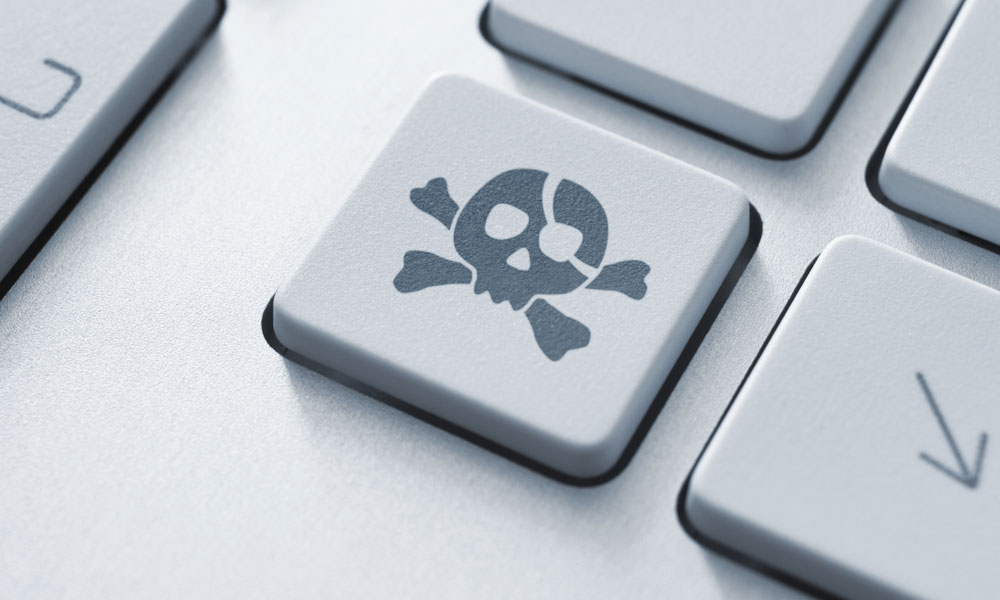
U.K. Trade Group Is No. 1 With a Bullet on Fighting Piracy
Increasing its pace over the past year, the British Phonographic Industry has topped the charts on an issue it wishes it didn't have to—the takedown of URLs from Google due to alleged piracy infringement.
The British Phonographic Industry now tops the charts in the quest to combat music piracy: It’s sent more than 100 million requests to Google asking that it take down URLs due to alleged copyright infringement.
The British music industry’s leading trade group would much rather be selling 100 million albums than sending Google a list of 100 million URLs allegedly hosting pirated content, but there they are.
This week, the file-sharing enthusiast site TorrentFreak reported that the British Phonographic Industry (BPI), the U.K. equivalent of the Recording Industry Association of America (RIAA), had shared something with Google: a takedown request including its 100 millionth URL linking to online material that BPI says is pirated.
BPI makes its takedown requests (274,810 overall so far, according to Google data, each referencing thousands of URLs) under rules set by the U.S. Digital Millennium Copyright Act (DCMA). The pace of those requests has greatly increased in the past year. Between June 2011 and November 2013, BPI submitted a total of 50 million URLs alleged to have copyright-infringing material; the association has since doubled that number. The figures, taken from a Google transparency report, show that BPI’s current total of nearly 100.4 million reports of allegedly infringing URLs eclipses the 57.1 million that RIAA has identified, and it even tops the more than 99 million reported by Degban, a company that combats piracy for its clients.
News of BPI’s milestone comes at a time when digital music is easier than ever to acquire legally, thanks to services like Spotify and Amazon’s MP3 service.
In comments to TorrentFreak, a BPI representative said that the sheer number of takedown requests highlights the need for Google to change its search algorithms.
“This milestone makes two things very clear. First, that however much creators do, the system of ‘notice and takedown’ will never be enough on its own to protect them or consumers from the online black market, or to spur growth in the digital economy,” the unnamed spokesperson told the news site. “Second, that despite its clear knowledge as to which sites are engines of piracy, Google continues to help build their illegal businesses, by giving them a prominent ranking in search results.”
BPI suggests that Google amend its algorithm so sites that are common sources of pirated material don’t show up high in the search engine’s results. It’s a change that British Culture Secretary Sajid Javid also recently suggested at a BPI event.
(iStock/Thinkstock)






Comments